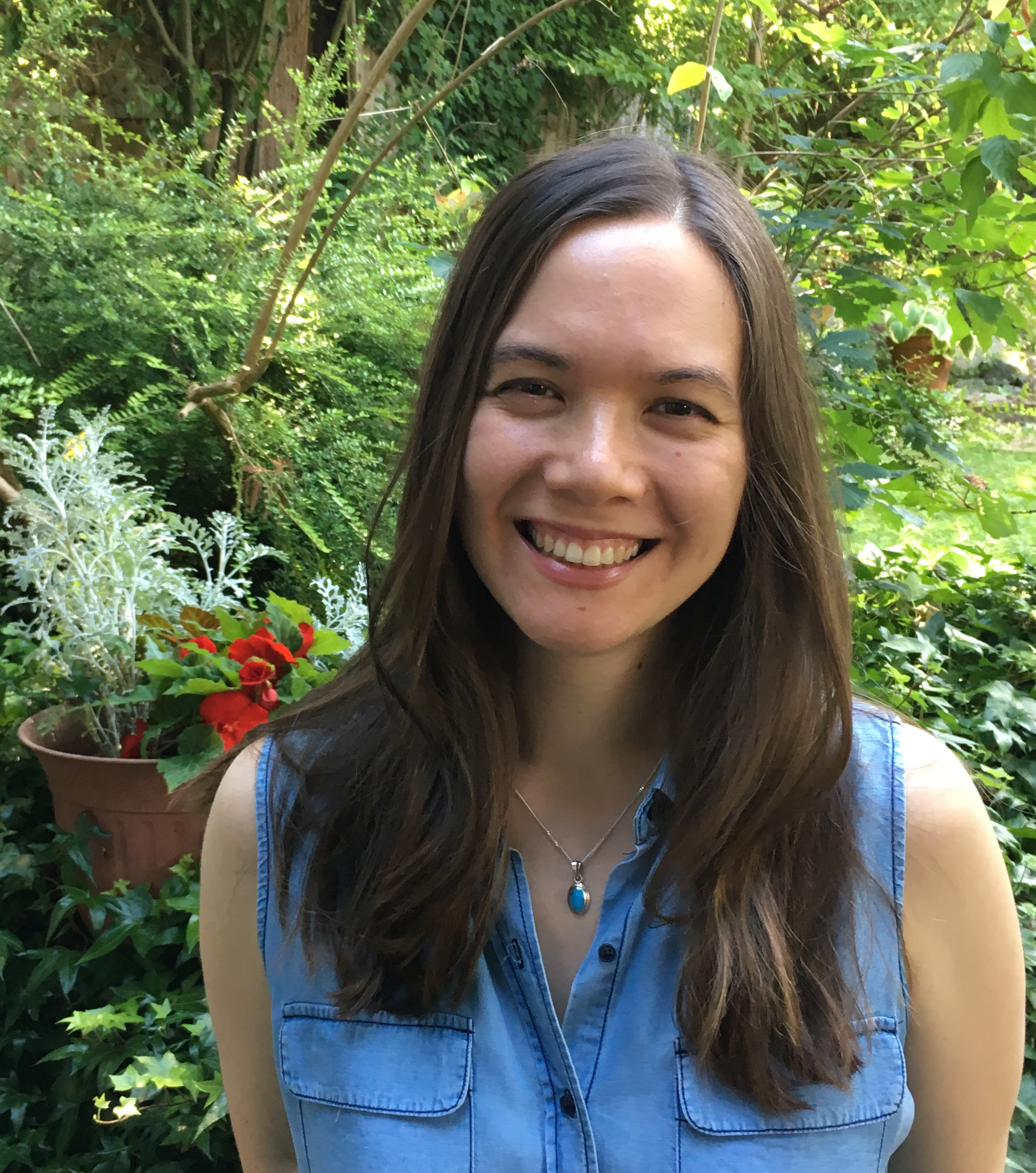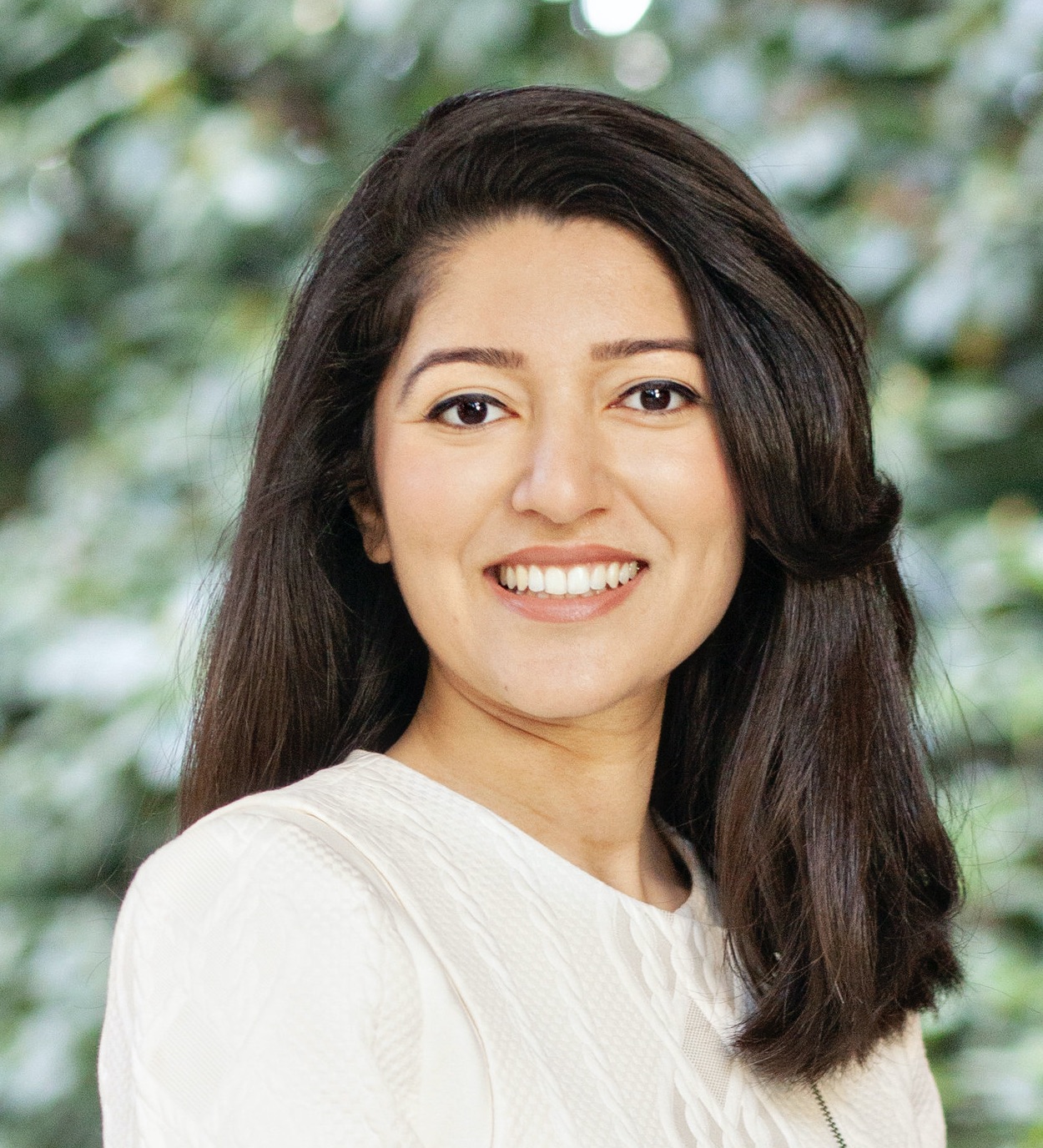GRSJ PhD candidate Katherine Fobear was recently in the news to do with her and fellow scholar Shayna Plaut’s recently-exhibited refugee mural, Seeking Protection is Not a Crime.
Watch the five-minute documentary “We are All Humans”, produced as part of their Painted Stories Project at UBC.
More about Katherine’s PhD work:
In 1991, Canada was the first Western nation to grant refugee status on the basis of sexual orientation and gender identity. Since then, Canada maintains one of the highest refugee acceptance rates in the Global North for sexual and gender minorities fleeing persecution. Despite this record, little is known about the settlement experiences of queer refugees once they receive their refugee status. The dearth of research on the settlement experiences of queer refugees leads to a critical disconnect and silencing of refugees’ voices from migration research and local and national immigration policy. Katherine’s research seeks to address this gap in migration literature and to put queer refugees’ voices front and centre. This participatory project works together with queer refugees to record their stories and experiences of settlement in Vancouver through oral history and photography.
More about the Mural:
The project, Painted Stories from Self Identified LGBTQ2SI Migrants & Refugees, was co-produced with the Rainbow Refugee Committee and PeerNetBC.
This Mural, “Seeking Protection is not a Crime”, comes out of an intimate participatory painting workshop with Lesbian, Gay, Bisexual and Trans refugees. The participatory painting workshops focused on creating and claiming space for queer refugees and migrants by sharing stories and building community through visual arts. The project was facilitated by Mira Ghattas (Jordan), Alex Winter (Asia), Israel Motta (Mexico), and Zdravko Cimbaljevic (Montenegro) with social artist Melanie Shambach (Colombia). Produced in partnership with Rainbow Refugee Committee and PeerNet BC, this project taps into the power of the arts to build a sense of belonging and community among participants, offering a safe and inclusive space to share their personal stories and perspectives on the queer refugee experience. Art is a tool for social justice as the participants’ different voices and experiences come into contact and engage in dialogue through visual imagery, poetry, and personal messages. Participants met weekly through April/May of 2014 to work together on the mural. Melanie put the finishing touches on the painting in June.


